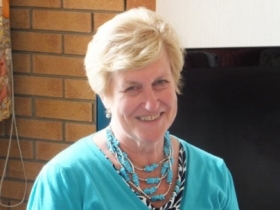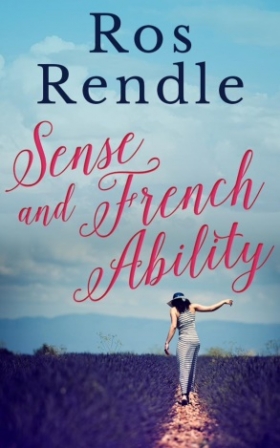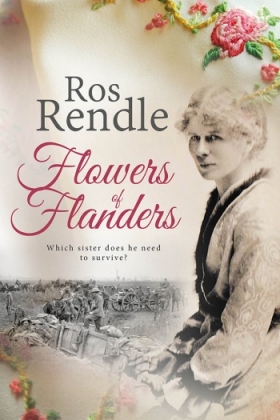This week I am delighted to welcome Ros Rendle to my blog to talk about the "writng rules" that work for her... though when I first asked her to do this, it quickly became clear that that isn't quite how she sees it herself, as you can see from the title she chose for this piece.
|
My Writing Rules... Or Lack Thereof
Thank you so much for asking me to write an article for your blog. you so much for asking me to Rules . . . mmm. I should be hopeless in the any of the armed forces. I have no routine since retirement. And yet, of course, that’s not true. I get up at about the same time, walk the dogs etc. etc. It’s just that if my husband says ‘I thought I might pop round to the garden centre . . .’ I think ooo yes, that’s a lovely idea and my plans disappear. I’m not blaming him. It’s me. However, now that he has gained more retirement activities I find I’m more determined to follow mine. hwhite an article for your |
I tend to do ‘householdy jobs’ in the morning so in the early afternoon I reward myself with some writing time. Some days I’ll write a 1500 words and others maybe about 500 but it’s all progress. I always start by re-reading what I wrote the day before. It’s a minor edit too but the main purpose is to get me back into the story from where I left it. |  |
 | I’m not a major plotter but I always make myself write down a rough outline and allocate the number of chapters to each section, ensuring that by 25% or 50% etc. of the way through I have the correct structure in place – more or less. After that the plot and the characters tend to drive the story. At the end when I come to editing I’ll add whatever or take out the bits that detract. Taking out is hard of course but I’m better at surrendering those for good writing these days. |
My last rule is that related to research. My current series of books, and I’m on the second of three at the moment, is historical romance and so I am meticulous about research. It would be too easy to think that because I find it hard to find a fact someone else will too and so it doesn’t matter. It does. |
It’s not the major historical facts it’s the little things that matter and give a feeling of reality. People’s everyday eating opportunities in times of war, their clothes, of course, when a particular motor car became available and how much it was, what did ordinary people read, listen to, do. I may not use all the information. I’ve become aware of info dumping but it all gets me in the period. I’m writing currently about Vichy France in 1940 and there is a dearth of accurate information but I shall get there. |  |
So... having said I have no rules, actually I do and necessary they are to produce anything that is worthwhile. I relish the writing sessions I have, I take great satisfaction in the planning that I do and I delight in the research.
Thank you for reading this.
Ros
|
Author Bio As a head teacher, Ros’s writing involved documents, essays and stories to which children enjoyed listening. Currently she undertakes the harder challenge of adult fiction. With married daughters and four granddaughters she shares many heart-warming times. Now, retired and returned from France after ten years, she loves it.
Ros has a contemporary novel ‘Sense and French Ability’ published by Endeavour Press. A second book, which is a 20th century historical romance, ‘Flowers of Flanders’, was self-published and a sequel to that is on the way. Ros is a member of RNA and HNS |
Ros Rendle's Links: Her Twitter page Ros on Facebook |


Make A Comment
Comments (16)
Interesting post, Ros, and I wish you all the best with your writing. We met (very briefly) at an RNA conference and it's lovely to hear how your writing career has developed since then.